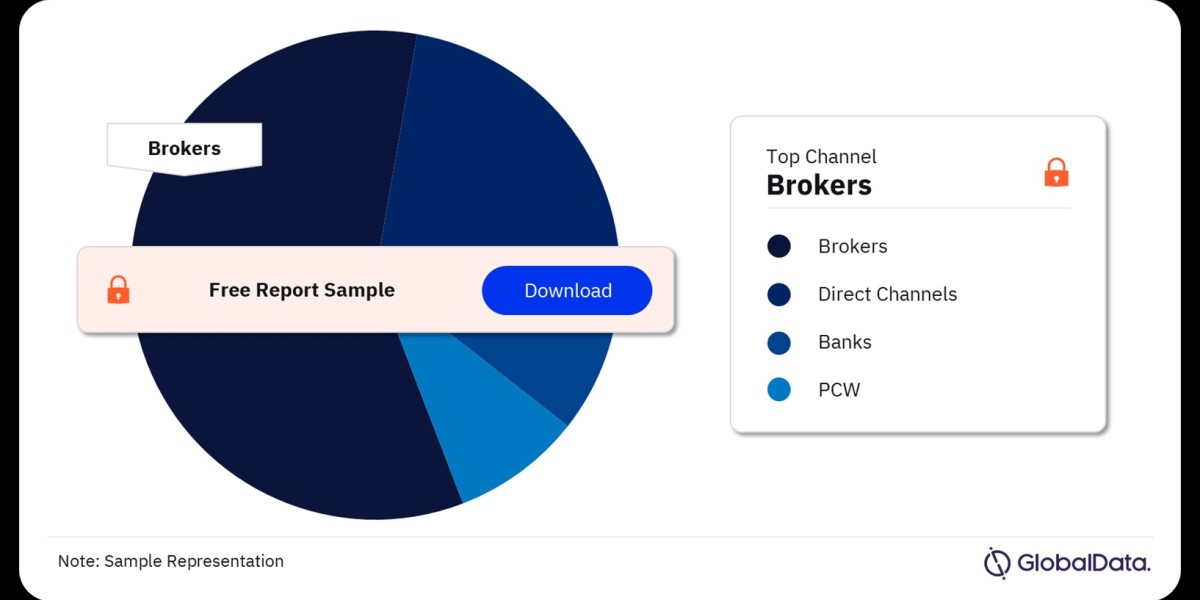The UK Small and Medium-sized Enterprises (SME) insurance distribution market plays a vital role in the country's economic landscape. SMEs account for 99.9% of the UK's business population, with over 5.5 million companies. As these businesses require insurance to safeguard against risks, the SME insurance market has become increasingly dynamic and competitive. In this article, well explore the trends, challenges, and opportunities within the UK SME insurance distribution sector.
Market Overview
The UK SME insurance market has evolved significantly in recent years due to technological advancements, changing regulatory frameworks, and shifting customer expectations. Insurance brokers and digital platforms have emerged as the primary distribution channels, offering tailored solutions for SMEs across a broad range of industries.
According to industry reports, the UK SME insurance market is valued at around 15 billion, and it continues to grow. The demand for business insurance products, such as property, liability, and cyber insurance, has risen as SMEs face new risks, including increasing cybersecurity threats and supply chain disruptions.
Key Trends in UK SME Insurance Distribution
Digital Transformation: The traditional model of insurance distribution is being replaced by digital-first solutions. With the rise of InsurTech companies and online platforms, SMEs can now compare insurance policies and purchase coverage through user-friendly interfaces. This has led to greater transparency, convenience, and competition in the market.
Customized Insurance Solutions: SMEs are no longer satisfied with one-size-fits-all insurance products. They seek personalized coverage that addresses specific risks relevant to their industry and size. Insurers are responding by offering tailored packages that cater to niche markets, such as tech startups, retail businesses, or manufacturers.
The Rise of Aggregators: Insurance comparison websites and aggregators have gained popularity among SMEs. These platforms allow businesses to compare various insurance providers, helping them find cost-effective policies that meet their needs. Aggregators are expected to grow further as digital adoption continues.
Regulatory Changes: The Financial Conduct Authority (FCA) has introduced stricter regulations around pricing, transparency, and fairness in the insurance market. This has affected how insurance products are distributed, particularly in terms of renewal pricing practices and ensuring fair treatment of customers. SMEs benefit from these changes, as they are more likely to receive competitive and fair insurance offers.
Cyber Insurance Growth: As SMEs embrace digital operations, they face a growing risk of cyberattacks. Cyber insurance has become a critical product for businesses that store sensitive customer data, operate online platforms, or use digital payment systems. Insurers are increasingly offering cyber policies specifically designed for SMEs, which include coverage for data breaches, cyber extortion, and business interruption.
Challenges Facing the UK SME Insurance Market
Despite the growth opportunities, the UK SME insurance market faces several challenges that both insurers and brokers must navigate:
Price Sensitivity: SMEs often operate on tight budgets, making them highly price-sensitive when purchasing insurance. This puts pressure on insurers to offer competitive premiums while still maintaining profitability.
Underinsurance: A significant number of SMEs are underinsured, either due to lack of awareness about the risks they face or because they are attempting to cut costs. This presents a challenge for insurers, who need to better educate businesses about the importance of comprehensive coverage.
Complexity of Insurance Products: Many SMEs struggle to understand the complexities of insurance products, particularly when it comes to specialized coverage like professional indemnity or directors liability insurance. Simplifying policy terms and offering clear guidance can help address this issue.
Regulatory Compliance: Navigating the constantly changing regulatory environment remains a challenge for both insurers and brokers. Compliance with FCA guidelines, especially in terms of transparency and pricing, requires ongoing adaptation and investment in technology to ensure adherence.
Opportunities for Growth
While challenges exist, there are several growth opportunities for the UK SME insurance distribution market:
InsurTech and Digital Solutions: InsurTech innovation presents an enormous opportunity for insurers and brokers. Digital tools like AI, machine learning, and big data analytics enable insurers to streamline operations, improve risk assessment, and offer personalized policies to SMEs. Companies that invest in these technologies are likely to stay ahead of the competition.
Partnerships with Brokers and Affinity Groups: Building strong partnerships with brokers and affinity groups (e.g., trade associations, industry networks) can expand market reach. These groups often have deep knowledge of their members needs and can help insurers craft bespoke policies.
Focus on Niche Markets: Niche insurance products for specific industries, such as e-commerce, healthcare, or professional services, offer untapped potential. Insurers who develop tailored packages for these sectors can gain a competitive edge.
Cyber and Environmental Risks: As mentioned earlier, the rise of cybercrime and climate change-related risks presents a growing need for specialized insurance products. Insurers that address these emerging risks with innovative solutions will be well-positioned to capture market share.
Customer Education: Many SMEs lack an understanding of the full range of risks they face, leading to underinsurance or inadequate coverage. Insurers and brokers who invest in educating SMEsthrough webinars, online resources, or personalized consultationscan build trust and long-term relationships.
Buy the Full Report for More Critical Success Factors of the UK SME Insurance Distribution Market








